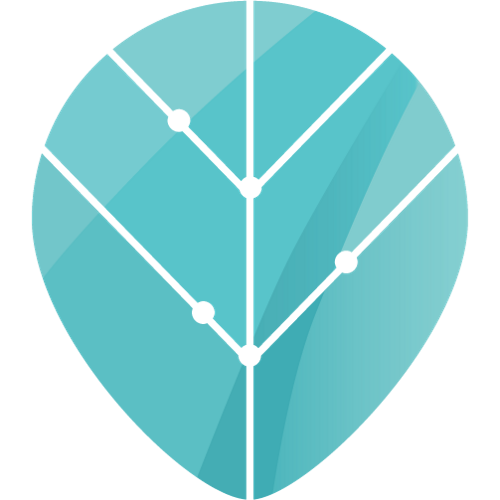The American Academy of Sleep Medicine recommends at least seven hours’ sleep every night for healthy adults. However, as sleep needs differ from person to person, you might need more than the stipulated hours of snooze time to feel fully rested. And sleep is not the only thing that recharges you and keeps you fresh. Thrive Global India interacted with its Thrive Tribe on what keeps them rejuvenated and here’s what we learnt.
1. How much sleep is enough?
To the question of how many hours of sleep did you get last night, a healthy 71 per cent responded to over six hours of sleep while 29 per cent was found clocking just about five hours or even less. Some 40 per cent desisted from technology and thus had a “gadget-free” sleep although an overwhelming 60 per cent admitted to missing the mark completely.
It has been scientifically established that if you have trouble getting into a regular sleep pattern, clear morning and night-time routines can make falling asleep easier and waking up feeling refreshed will motivate you to incorporate it into your daily routine. It is neither complicated nor time-consuming, but sticking to a schedule leads to greater productivity all day, has a calming effect and is known to relieve stress.
2. Rituals make you Thrive
Thrivers believe in bed-time rituals too. While @Isshhita shared her simple night routine as “brush my teeth and moisturise skin”, @vickymutyala believes in the calming power of prayer. Meanwhile, @hrishipalsinghjadeja likes to listen to songs as per his mood and then sleeps “like a baby”.
Then there is @aaruhi_2910 who believes in switching off all the lights, putting the phone on airplane mode and then dozing off, something that Thrive has been advocating since long. It is podcasts and a hot tea in bed for @sanjanaagrawal, while half-hour meditation works for @aanchalj28.
3. Cut down on gadgets use just before bedtime
Ongoing research at Harvard suggests blue light may be linked to certain types of cancers, diseases, diabetes, and obesity. During the day blue light has been shown to boost mood, cognition, and focus , however, when we bring in blue light into our bedrooms in the form of smart phones, computers, and e-readers, we expose ourselves to these short, high energy wavelengths long after our bodies have begun to wind down in preparation of sleep.
So though “listening to self-help podcasts by Case Kenny” works like a charm for @anushkadahi.ya and @shreya_instaqueen goes on a “blogging and Netflix binge” before bed, Thrive recommends cutting down on the screen time at least 30 minutes before bed for a good night’s sleep.
Exposure to light after dark has been shown to negatively affect two essential processes of sleep: our circadian rhythm and melatonin production. Our circadian rhythm is a cycle that functions around a roughly 24-hour schedule, and influences the amount of melatonin — a hormone that helps us sleep — we produce.
While any colour light can be damaging after dark, continuing research on blue light reveals it to be especially harmful, suppressing melatonin more effectively than other colours. A study at Harvard found that, versus green light, blue light altered circadian rhythms “by twice as much”. Dr Dan Siegel, a clinical professor of psychiatry at UCLA School of Medicine puts it this way: blue light sends mixed messages to our brains, saying “Stay awake” and “Don’t secrete melatonin, it’s not time to sleep.”
A large majority of respondents, 41.4 per cent, admitted to checking the phone more than three times in the night, while an equally overwhelming 40.4 per cent doesn’t check the phone even once during the night.
It is hardly surprising then that over 39.3 per cent took 30 minutes or more to fall asleep and only about 7.5 per cent took five minutes or less to doze off.
4. Find your mojo and keep repeating it
Zeroing in on what makes you feel more refreshed is half the battle. Taking a long nap is the most preferred choice for Thrivers.
And a big part of it, it would seem, is attributed to the right pillows. At least 91 per cent agreed that the right pillow can make or break the sleep experience.
Also, most environment-conscious Thrivers, 53 per cent, prefer a bath to shower.
5. Work on well-being
The well-being formula is not just about the body, mental health is equally important too. While for some it is rest, for others like @swati2j, “drinking warm water at least three times in a day” works, for @devyani_meta_29 “sleeping for nine hours a day” is the mantra and @_notrapz_ believes in “silence”. Meanwhile, @ankkiittaa likes “eating home cooked clean meals and dancing like there’s no tomorrow”, @neerapant13 thrives by walking and maintaining a gratitude journal, and @mimanosss has a simple formula: “Three days exercise, three days yoga, sleeping well, eating healthy and spending time with family”.
Let us know how well you are thriving at [email protected]


